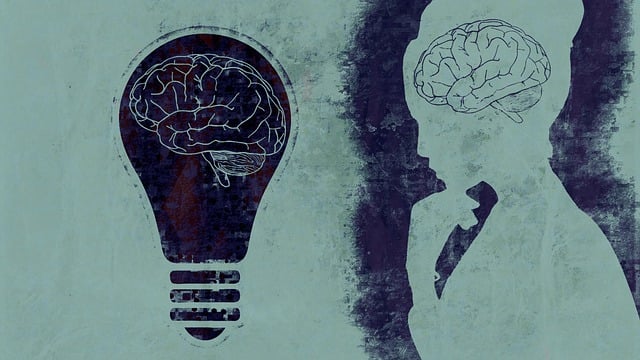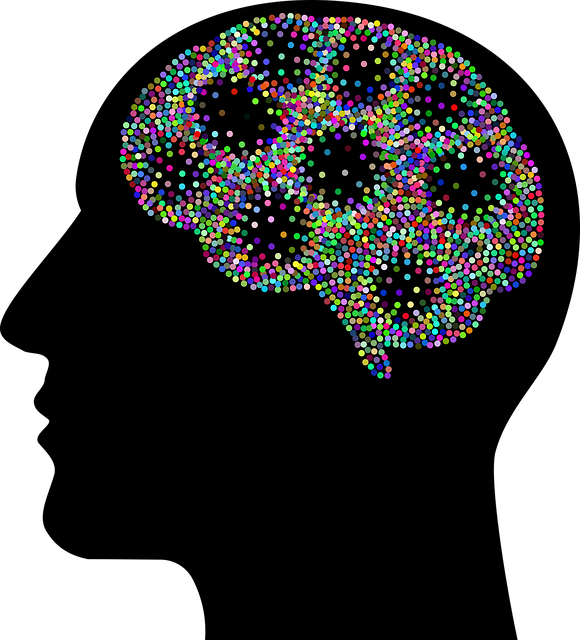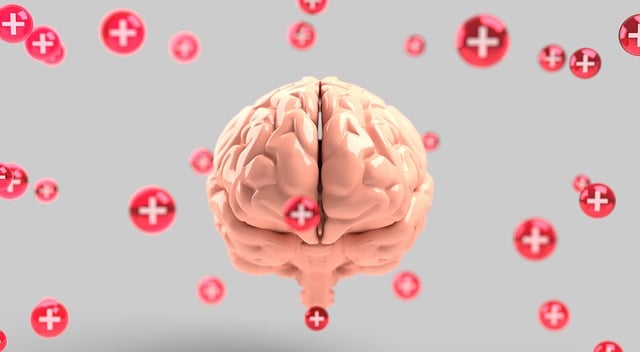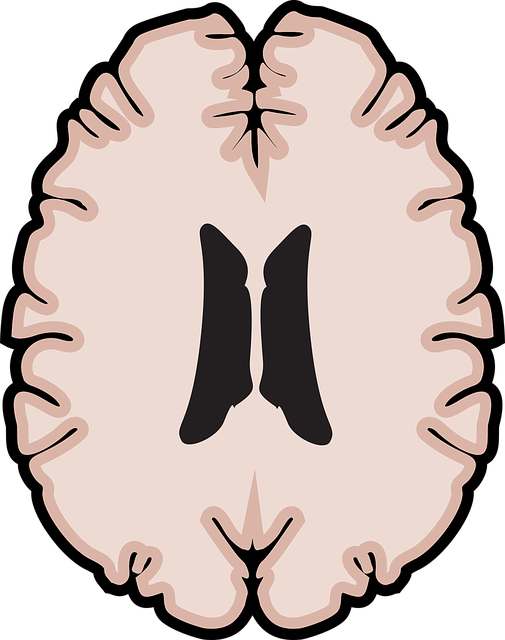Adolescence is a period of intense emotional change, making mood regulation crucial. Therapy for adolescent teens often emphasizes mindfulness techniques, helping them understand and accept emotions through meditation, self-compassion exercises, and present-moment awareness. Specialized trauma support services are vital for those with past traumatic experiences. Integrating these strategies equips teens with tools to navigate their emotions effectively. Mindfulness practices, when incorporated into therapy, significantly enhance outcomes and foster connections between teens and therapists. Cultural competency training ensures mindfulness's effectiveness across diverse populations. Additionally, practical mood regulation strategies at home, including structured routines and communication with healthcare providers, support teen mental well-being. Community outreach programs and workshops further promote inclusivity and mindfulness adoption for better mood management.
Mood regulation is a vital skill, especially for adolescent teens navigating stormy emotions. This article explores effective strategies to help young individuals manage their moods and foster emotional well-being. We delve into the power of mindfulness as a therapeutic tool, offering practical techniques to implement at home. By understanding mood regulation, parents and caregivers can provide supportive environments, enhancing the benefits of therapy for adolescent teens and promoting mental health.
- Understanding Mood Regulation for Adolescent Teens
- Mindfulness as a Powerful Tool in Therapy
- Practical Strategies to Implement at Home
Understanding Mood Regulation for Adolescent Teens

Adolescence is a period of significant emotional and psychological development, making mood regulation an essential skill for teens to master. Understanding one’s emotions and learning effective strategies to manage them can greatly impact a teen’s overall well-being. Therapy for adolescent teens often focuses on teaching mindfulness techniques to help them navigate their feelings and responses. By cultivating mindfulness, teens gain the ability to recognize and accept their emotions without judgment, enabling better decision-making and improved mental resilience.
Self-care routine development is a key component of this process, encouraging teens to prioritize their emotional health alongside their physical needs. Compassion cultivation practices, such as meditation and self-compassion exercises, can help adolescents develop a kinder inner dialogue, reducing the impact of negative thoughts and emotions. Additionally, trauma support services play a vital role in mood regulation for those who have experienced adverse events, offering specialized care to process and overcome traumatic experiences.
Mindfulness as a Powerful Tool in Therapy

Mindfulness has emerged as a powerful tool within therapy practices, especially tailored for the emotional well-being promotion techniques targeted at adolescent teens. By encouraging present-moment awareness and non-judgmental attention to thoughts and feelings, mindfulness helps young individuals develop better coping strategies. This is particularly beneficial in navigating the complex emotions that often surface during adolescence.
Incorporating mindfulness into therapy sessions can be a game-changer for mental health professionals when assessing risk factors and providing care. Healthcare provider cultural competency training underscores the importance of understanding how mindfulness can be adapted to diverse populations, ensuring its effectiveness across various cultural contexts. This approach not only enhances traditional therapy methods but also fosters deeper connections between teens and therapists, leading to more successful outcomes in treating emotional challenges.
Practical Strategies to Implement at Home

Implementing practical mood regulation strategies at home can significantly support the mental well-being of adolescent teens. Mindfulness practices like deep breathing exercises and guided meditation can help teens calm their minds and bodies, making it easier to manage intense emotions. Incorporating structured routines, including designated time for leisure activities and quality sleep, promotes stability and self-care. Additionally, encouraging open communication with a healthcare provider or therapist allows for personalized guidance on mood management techniques tailored to the teen’s unique needs.
For teens who struggle with their mental health, considering community outreach programs or engaging in mindfulness workshops facilitated by professionals can be immensely beneficial. These initiatives enhance cultural competency among healthcare providers, ensuring they understand and respect diverse backgrounds and beliefs. By fostering an inclusive environment, these programs encourage teens to seek help and implement effective coping strategies into their daily lives, ultimately supporting their journey towards better mood management.
Mood regulation is a vital skill for adolescent teens, and with the right strategies, they can learn to navigate their emotions effectively. Understanding mood regulation is the first step, followed by utilizing powerful tools like mindfulness in therapy, which has been proven to enhance emotional well-being. By implementing practical strategies at home, parents and caregivers can support teens in managing their moods and fostering a healthier mental landscape. Incorporating mindfulness practices into daily routines can be a game-changer for adolescents seeking to cope with stress and regulate their emotions in today’s busy world.










